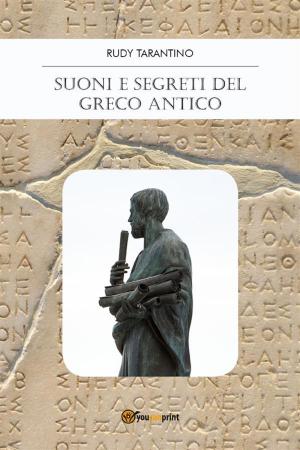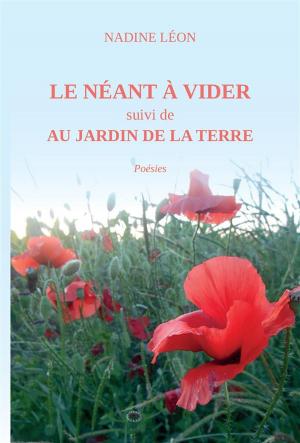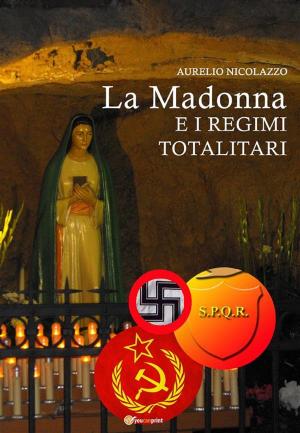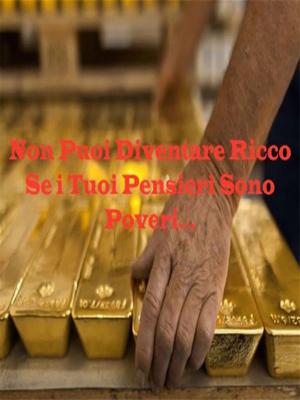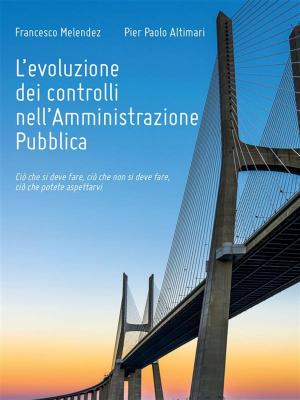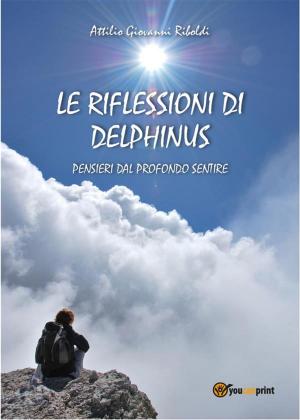| Author: | Raffaele Castagna | ISBN: | 9788891189899 |
| Publisher: | Youcanprint | Publication: | May 18, 2015 |
| Imprint: | Language: | English |
| Author: | Raffaele Castagna |
| ISBN: | 9788891189899 |
| Publisher: | Youcanprint |
| Publication: | May 18, 2015 |
| Imprint: | |
| Language: | English |
Ischia is the largest island in the Bay of Naples. The Castle, built by Alphonso V of Aragon in the fifteenth century, is distant 16 miles from the Punta di Posillipo, and 20 miles from the Mole of Naples; it is famous in Italian annals for its long association with the noble poetess Vittoria Colonna, Marchioness of Pescara. Mount Epomeo, the Epopos of the Greeks, the Epopeus of the Latin poets, rises near the centre of the island. The ancient fable made Ischia the bed of Typhoeus. Ischia, called Aenaria, Inarime, and Pithecusa by the ancients, was populated in earliest times by a colony composed partly of Erythraeans and partly of Chalcidicans: they fixed their home where now stands the village of Lacco Ameno, one of the most beautifully picturesque of the whole island. Strabo, Pliny, Statius and other authors mention the therapeutic virtues of the hot springs of Ischia. The number of foreigners, travellers and Neapolitan gentlemen attending Ischia is very considerable.
Ischia is the largest island in the Bay of Naples. The Castle, built by Alphonso V of Aragon in the fifteenth century, is distant 16 miles from the Punta di Posillipo, and 20 miles from the Mole of Naples; it is famous in Italian annals for its long association with the noble poetess Vittoria Colonna, Marchioness of Pescara. Mount Epomeo, the Epopos of the Greeks, the Epopeus of the Latin poets, rises near the centre of the island. The ancient fable made Ischia the bed of Typhoeus. Ischia, called Aenaria, Inarime, and Pithecusa by the ancients, was populated in earliest times by a colony composed partly of Erythraeans and partly of Chalcidicans: they fixed their home where now stands the village of Lacco Ameno, one of the most beautifully picturesque of the whole island. Strabo, Pliny, Statius and other authors mention the therapeutic virtues of the hot springs of Ischia. The number of foreigners, travellers and Neapolitan gentlemen attending Ischia is very considerable.

